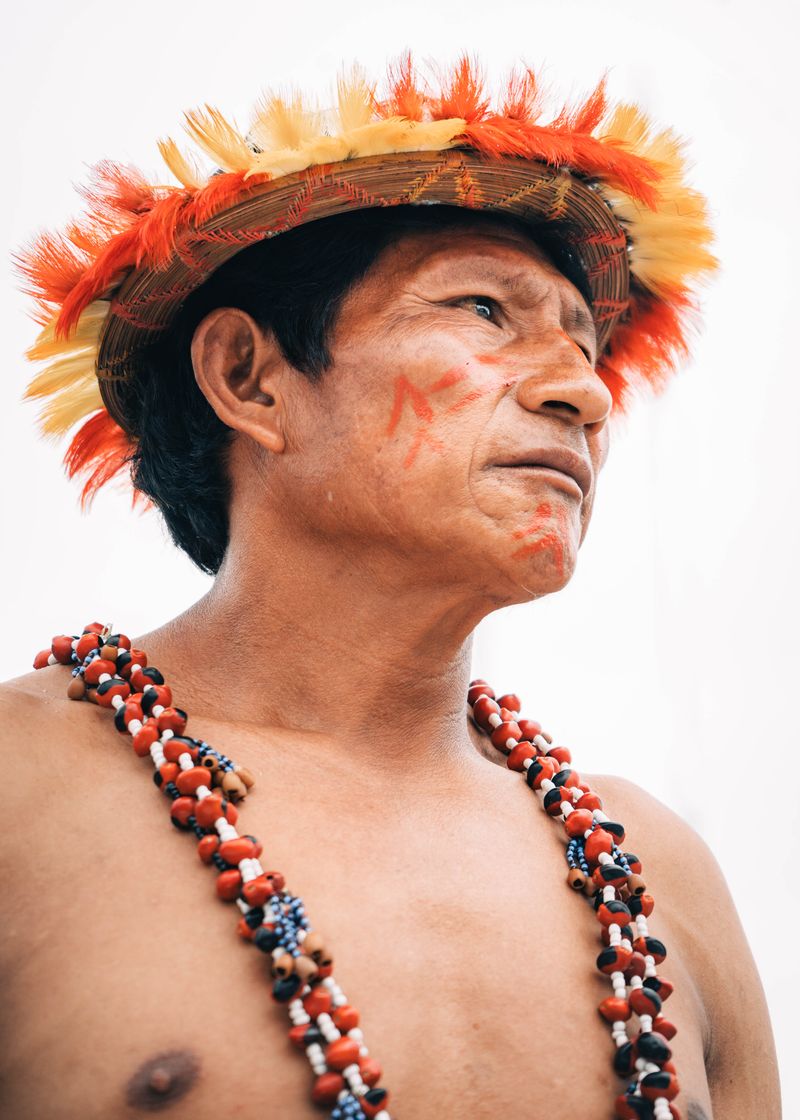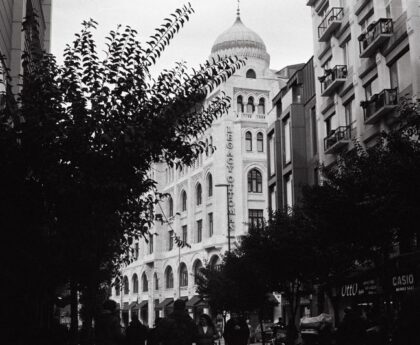Former Italian Prime Minister Silvio Berlusconi Dies at 86
Silvio Berlusconi, Italy’s longest-serving premier, died on Monday at the age of 86. Berlusconi, who had suffered from leukaemia and recently developed a lung infection, was hospitalized in Milan’s San Raffaele hospital on Friday, where he passed away. Four of his five children and his brother Paolo were by his bedside at the time of his death. Berlusconi was a controversial figure in Italian politics, having transformed the nation’s politics with polarizing policies and brazen remarks that often alarmed his allies.
Business Empire and Political Future in Uncertainty
Berlusconi, a billionaire media mogul, was backed by a massive wealth and a media, real estate, and football empire, which he used to launch his political career in 1994. With his Forza Italia party, he upended traditional parties and became prime minister. However, Berlusconi did not have a role in the current Italian government, despite his party being a junior partner in Prime Minister Giorgia Meloni’s right-wing coalition. Thus, his death may bring fresh realignments in Italian politics. Moreover, uncertainly clouds the future of his business empire as he never publicly indicated who would completely lead his MFE company following his death.
Political Allies and Rivals Pay Their Respects
Berlusconi was mourned by political allies and rivals at home and foreign leaders, including Putin, who referred to him as a “true friend.” Putin and Berlusconi’s relationship was one of many from Berlusconi’s colourful public and private life that caused a headache for his allies and fodder for his foes. Berlusconi’s death marks a moment in which Italy’s politicians, whether or not they backed his choices, will feel affected, wrote Enrico Letta, a former center-left premier, on Twitter. Former Prime Minister Mario Draghi, a non-partisan figure and one-time head of the European Central Bank, stated that Berlusconi “transformed politics and was loved by millions of Italians for his humanity and charisma.”
Controversial Figure’s Legacy
Berlusconi was undoubtedly a controversial figure in Italian politics, having become prime minister despite facing multiple legal scandals. He last stepped down in 2011, and Italy was close to a Greek-style debt crisis, and he was accused of hosting “bunga bunga” sex parties with underage women, though he denied that. Berlusconi was acquitted on appeal on all charges, related to the parties but was convicted in 2013 of tax fraud, leading to a five-year ban on holding public office. Despite his health woes and relentless court battles, Berlusconi refused to relinquish control of Forza Italia and returned to frontline politics, winning a seat in the European Parliament and the Italian Senate later on. His sense of humour immortalized him in Italian politics, but also landed him in trouble at times, producing controversial statements.
Advice
Berlusconi’s death puts a question mark over Italy’s right-wing coalition, which he helped to create, and particularly his party, Forza Italia. Berlusconi’s political legacy will continue to attract mixed reactions from Italians despite this. As Italy reflects on Berlusconi’s mixed legacy, now is a time to think about how the nation can move forward and strengthen its democratic institutions and tradition by avoiding corruption and lawlessness.
Conclusion
Berlusconi was a man characterised by his efficiency and controversial personality. While he will always be remembered as a controversial figure in Italian politics, Italians must focus on his positives, like his commitment to democracy and effectively leading Italy out of economic crises. Berlusconi’s passing represents the end of a political era in Italian politics and, in his memory, Italy must keep up the integrity and transparency of its democratic institutions, continue working towards economic recovery, and promoting social progress.

<< photo by Mick De Paola >>




